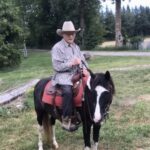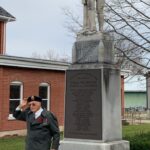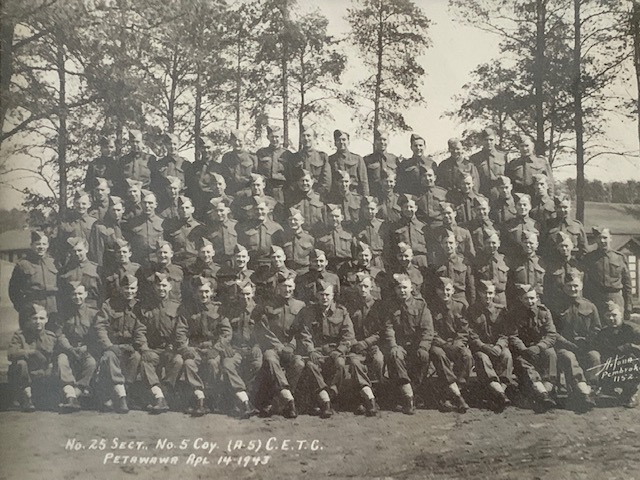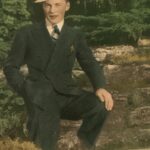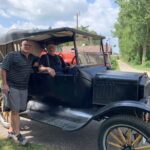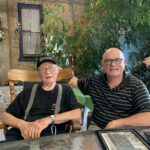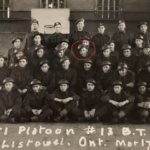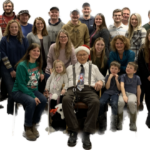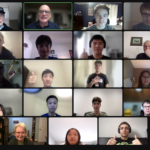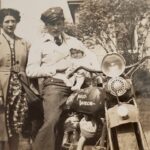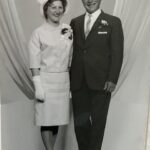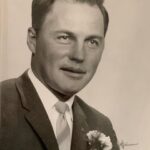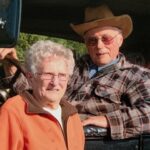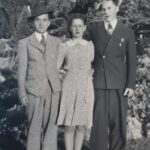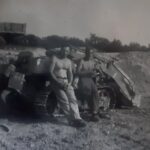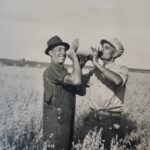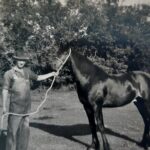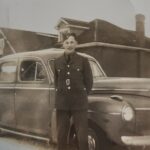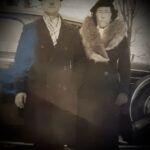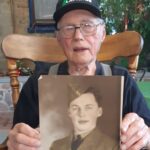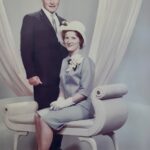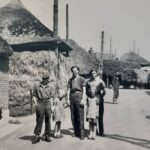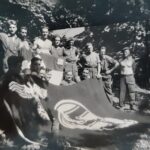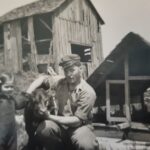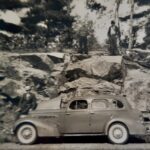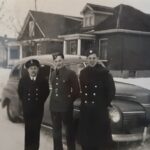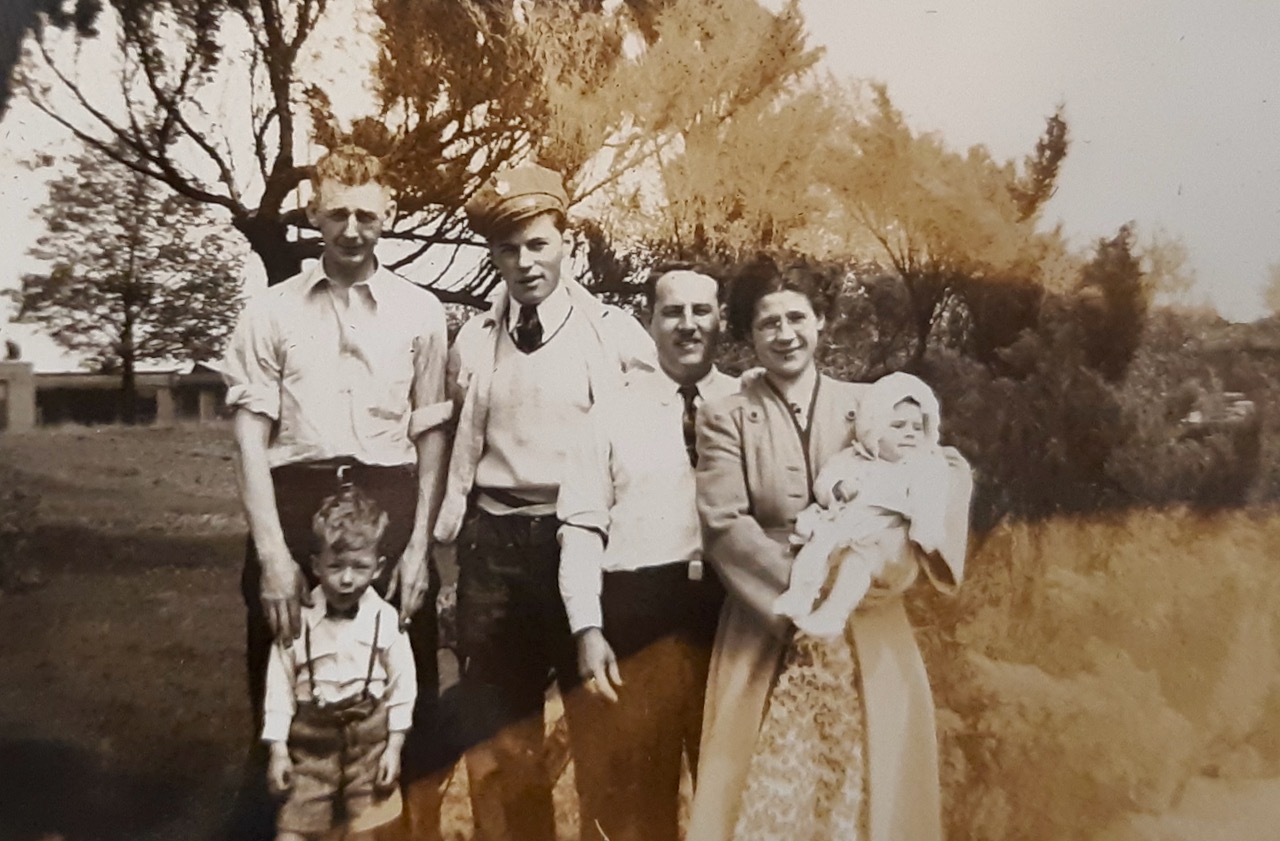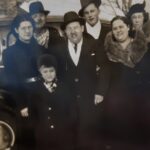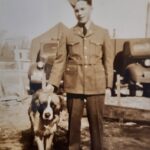Alfred Grubb was born October 25, 1921 on a farm near Hanover, Ontario. Alfred’s father had been a farmer, but when Alfred was three years old the family relocated to nearby Teeswater, where his father took a job at the local creamery. Alfred attended school up to Grade 8, but he was not fond of it; he decided to go to work rather than high school, and with an entrepreneurial spirit he started up his own farm, specializing in broiler chickens. He did that and picked up other work where he could, helping the family to make it through the difficult days of the Great Depression. When the war came, Alfred and some friends decided to head west, hoping to find work in British Columbia. Things didn’t work out as expected, but they did get to see Canada in a remarkable cross-country journey. On his return to Ontario Alfred found work in Galt, where he was involved in war work at Sheldon Engineering. Although he could have been exempted, Alfred like so many in his generation did choose to join up. He enlisted in London, Ontario, and went on to do training in Listowel, Suffield, and Petawawa. Alfred would be assigned to the Royal Canadian Engineers, and in the spring of 1944 he found himself on the troopship Andes, bound for England. He spent several months there, taking a course and doing ongoing training in Aldershot. In the fall they crossed the Channel, landing in Belgium. It was the job of the engineers to follow and support the frontline infantry; though he was trained to work with sheet metal, Alfred spent most of his time on road and bridge construction, repairing battle damage so the supplies could keep moving. He was close to the front, and he experienced incoming and outgoing shellfire, and on a number of occasions he had contact with German POWs. Alfred and the Engineers moved through Belgium and Holland, and he was near the German border when VE Day came. The army gave the men a choice at that time: stay in the Army of Occupation, or volunteer to fight in the ongoing war against Japan. Knowing it would get him back to Canada earlier – and believing that the Pacific War might end before he would get there – Alfred volunteered for the Pacific. He was back to Canada within a matter of weeks, able to see his family before reporting to camp and commencing training. And his gamble proved correct: the atomic bombs did end the Pacific War in short order, though he had to wait six months before he was demobilized. Once that process was complete, Alfred returned to his old job, and then briefly took a job at the railway. Finally he decided to go into farming, using money allocated under the Veterans’ Land Act: that would prove to be his lifelong career, and marriage and family came a few years later, both enriching his very long life. Alfred Grubb was interviewed over zoom by Crestwood students in February 2023, and Scott Masters did an in person interview with Alfred at his home in Teeswater on July 2, 2023 – capped off by a ride in the Model T!
Videos
Click next video below to keep watching
- 1. Early Memories
- 2. School; Fun and Leisure
- 3. Going out West; Work in Galt
- 4. Joining Up; Training
- 5. Assigned to the Rangers; Going Overseas
- 6. Time in England
- 7. Belgium; The Roads and the Equipment
- 8. Under Fire; Friendship and Artillery
- 9. Bridges; Health and Welfare
- 10. The End of the War; Return to Canada
- 11. Back to Work; Photographs and Postscript
